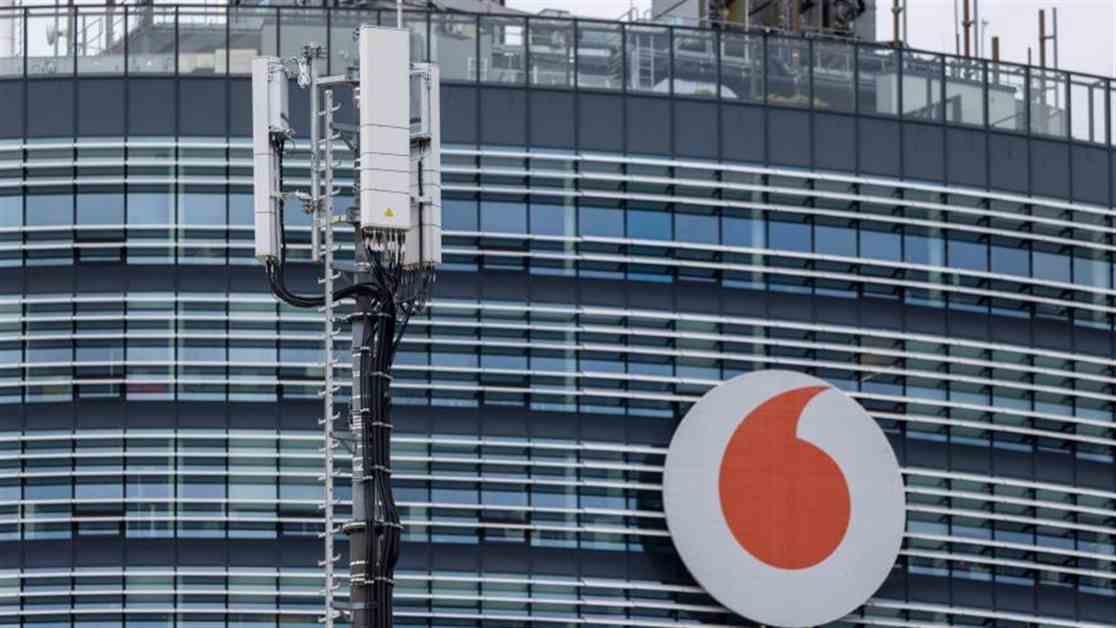Vodafone to Enhance 5G Network Coverage in Germany
netzweltVodafone to Enhance 5G Network Coverage
Update: June 10, 2024 | Reading time: 2 minutes
Mobile phone antennas installed by Vodafone in front of the Germany headquarters: The telecommunications provider is looking to expand its mobile network in Germany. While some areas still experience poor network coverage, overall connections are improving, including those provided by Vodafone.
Vodafone aims to further expand its 5G mobile network in Germany. Currently, around 92 percent of German households are within reach of Vodafone’s 5G antennas, and this number is expected to increase to 95 percent by March 2025, according to Vodafone Germany CEO Marcel de Groot. „At the same time, we are equipping our existing mobile base stations with additional capacities.“
This expansion is also in preparation for the upcoming migration of 1&1’s mobile customers. As 1&1 has few antennas of its own, its customers are currently connected to the O2 network where there is no self-transmission. In the summer, 1&1 will switch to Vodafone for „National Roaming,“ and around 12 million 1&1 customers will gradually transition to the Vodafone network. This arrangement will generate rental income for Vodafone, and network utilization will increase. As of now, the company has around 31 million mobile customers in Germany.
In terms of 5G network expansion, competitors are ahead, with Deutsche Telekom currently covering 96 percent of households and O2 Telefónica at 95 percent. Both companies aim to achieve nearly 100 percent coverage by the end of 2025.
This year, an auction of mobile frequencies was originally scheduled, but this time the Federal Network Agency plans to extend certain usage rights for five years instead. In return, companies must commit to an enhanced network expansion by 2030, with 99.5 percent of Germany’s area being supplied with at least 50 megabits per second.
Vodafone Germany CEO de Groot sees the agency’s new approach of forgoing the auction as „fundamentally good for mobile users in Germany,“ as it allows network operators to invest more in infrastructure rather than licenses. „Every euro that goes into masts instead of licenses is a well-invested euro,“ the manager stated.
However, achieving the proposed expansion goals in remote areas would require the government to legislate that mobile network expansion is of paramount public interest, according to de Groot. He also noted that if the dismantling of mobile phone antennas nationwide is mandated, the proposed coverage goals would be unattainable.
Referring to discussions in federal politics about removing Chinese components from the German antenna network, de Groot highlighted the potential challenges this would pose for the three established mobile network operators: Deutsche Telekom, Vodafone, and Telefónica O2, all of which rely on Chinese provider Huawei for their antenna network due to its high quality.

